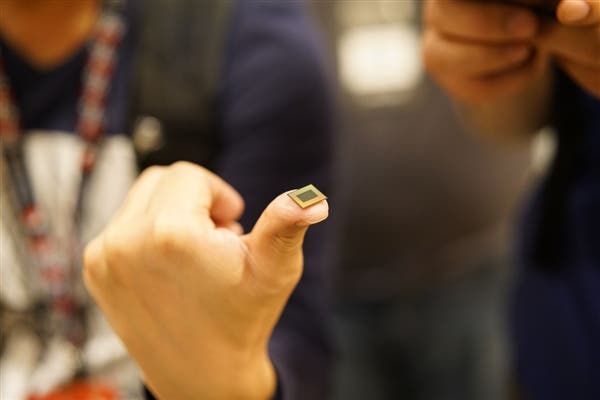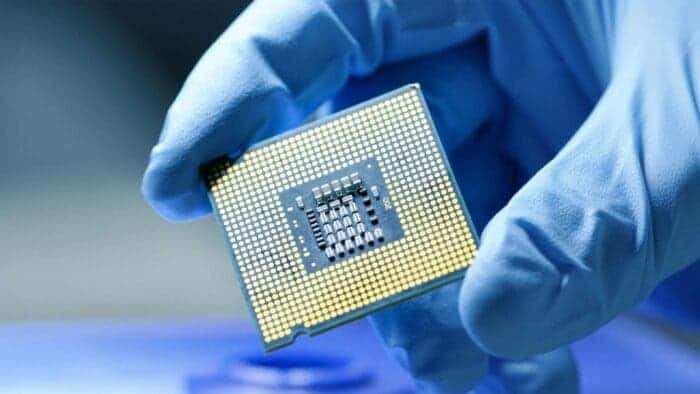It’s no secret that electronics prices have seriously increased compared to the past year. The rise in price tags is clear and many complain that buying gadgets has become an expensive pleasure. The reasons are obvious: a pandemic, factory downtime due to quarantine restrictions, component shortages and inflationary processes. One of the priority tasks for 2022 is to saturate the market with chips and cope with their shortages.
The timing of the end of the shortage of chips according to Samsung
Some analysts are pessimistic in their forecasts and say that the deficit will be overcome only in 2023. Others are sure that the situation will improve in the second half of next year. Samsung also gave its forecast. Not so long ago, the company discussed this issue with its partners and suppliers, where its representatives noted that the shortage of chips will be felt until the second half of 2022.
It seems that the South Korean giant believes that the situation will change in the second half of next year. To prevent a repetition of the situation when the shortage of components affected the timing and number of devices produced, Samsung intends to enter into contracts with chip manufacturers for a year. In addition, the company plans to build up a stock of chips in the future to ensure uninterrupted production of gadgets for four weeks, and not two as it is now.

How long will the chip shortage last? Qualcomm CEO Predictions
One of the most painful topics for electronics manufacturers is the shortage of chips. When will the unfavorable period end? The predictions are different. The head of Qualcomm, Cristiano Amon, also gave his forecast. He believes that the situation will soon improve, and this will happen next year.
His statement runs counter to the statements of other top managers of the largest manufacturers of semiconductor products. So, Intel CEO Pat Gelsinger believes that the global shortage of chips will continue until 2023. And the head of ARM, Simon Segars, is completely pessimistic – the situation will not only not improve, but will worsen. The processor shortage will be prolonged and will be felt more and more painful.
Multiple smartphone makers couldn’t procure enough processors from Qualcomm which affected their smartphone production. Samsung was no exception, which its mobile chief TM Roh and procurement executives visiting the US mid-year to meet with chip companies to secure more supply.
Follow Gizchina.com on Google News for news and updates in the technology sector.





